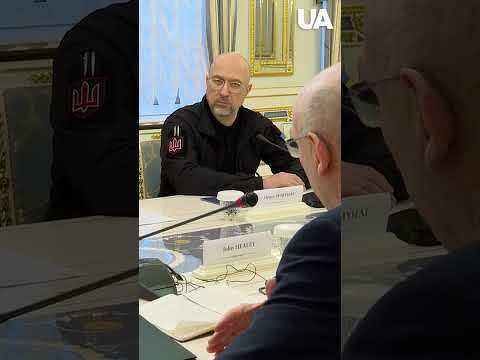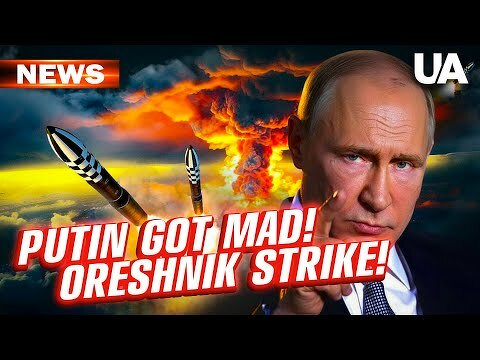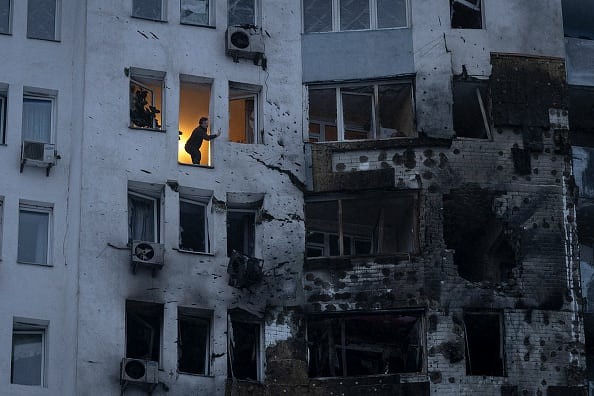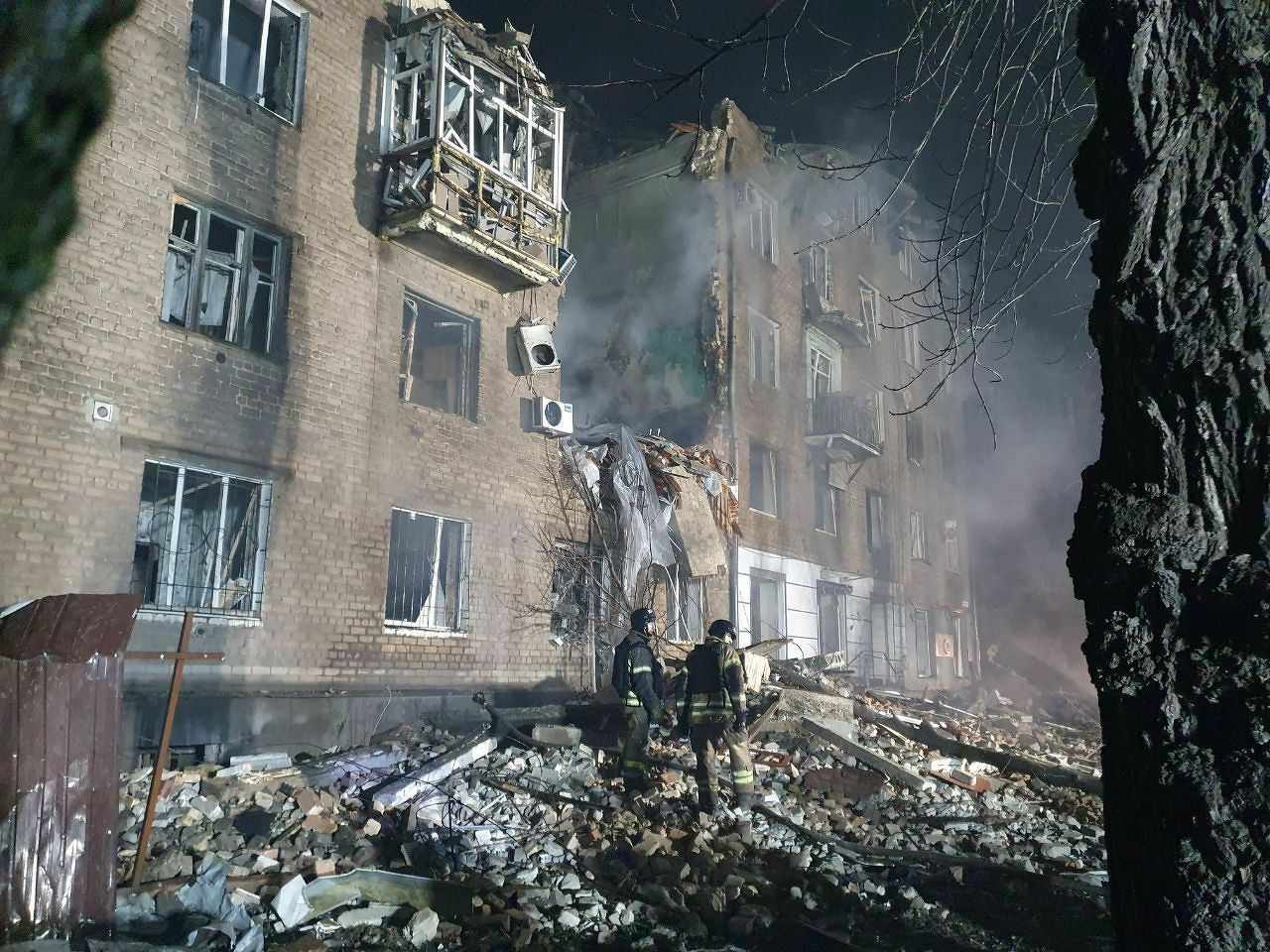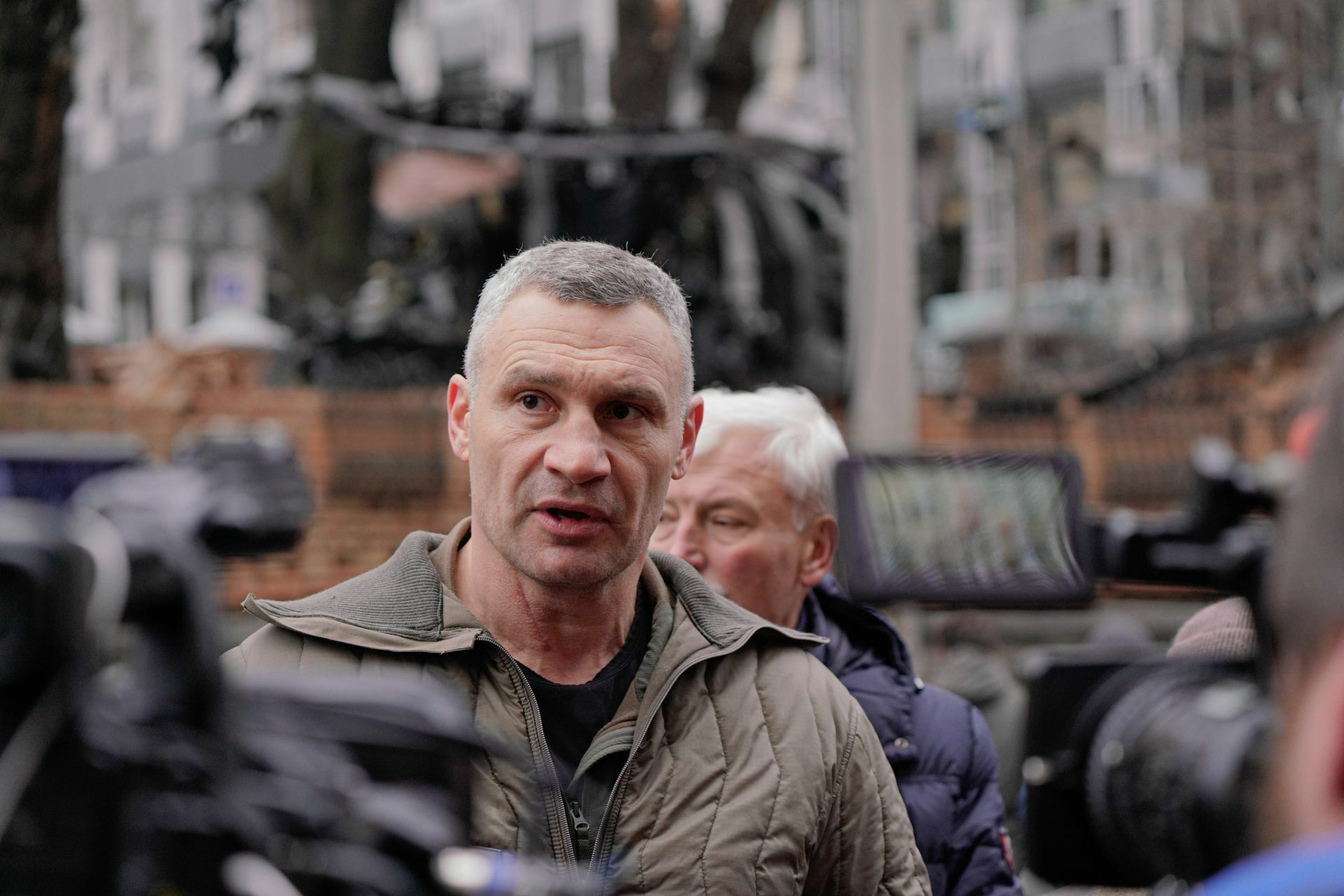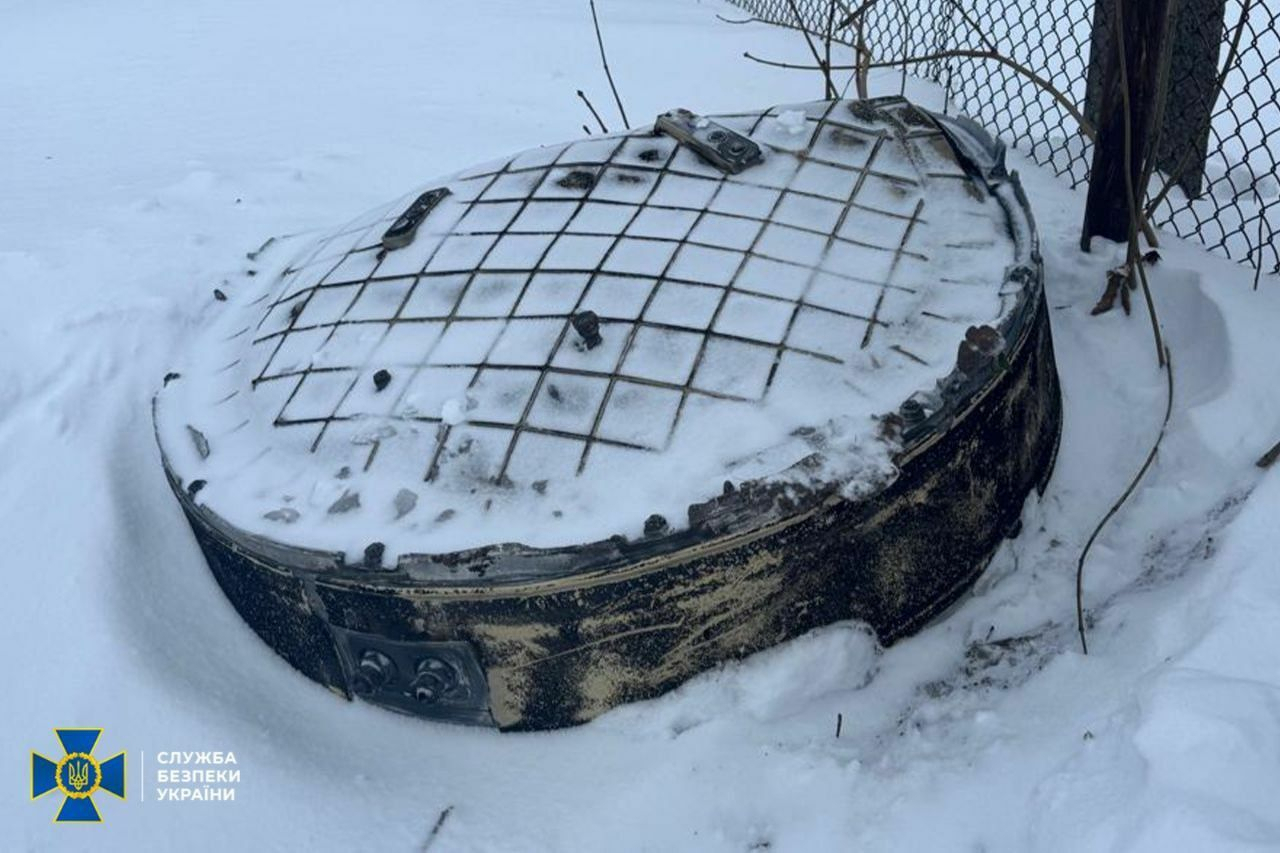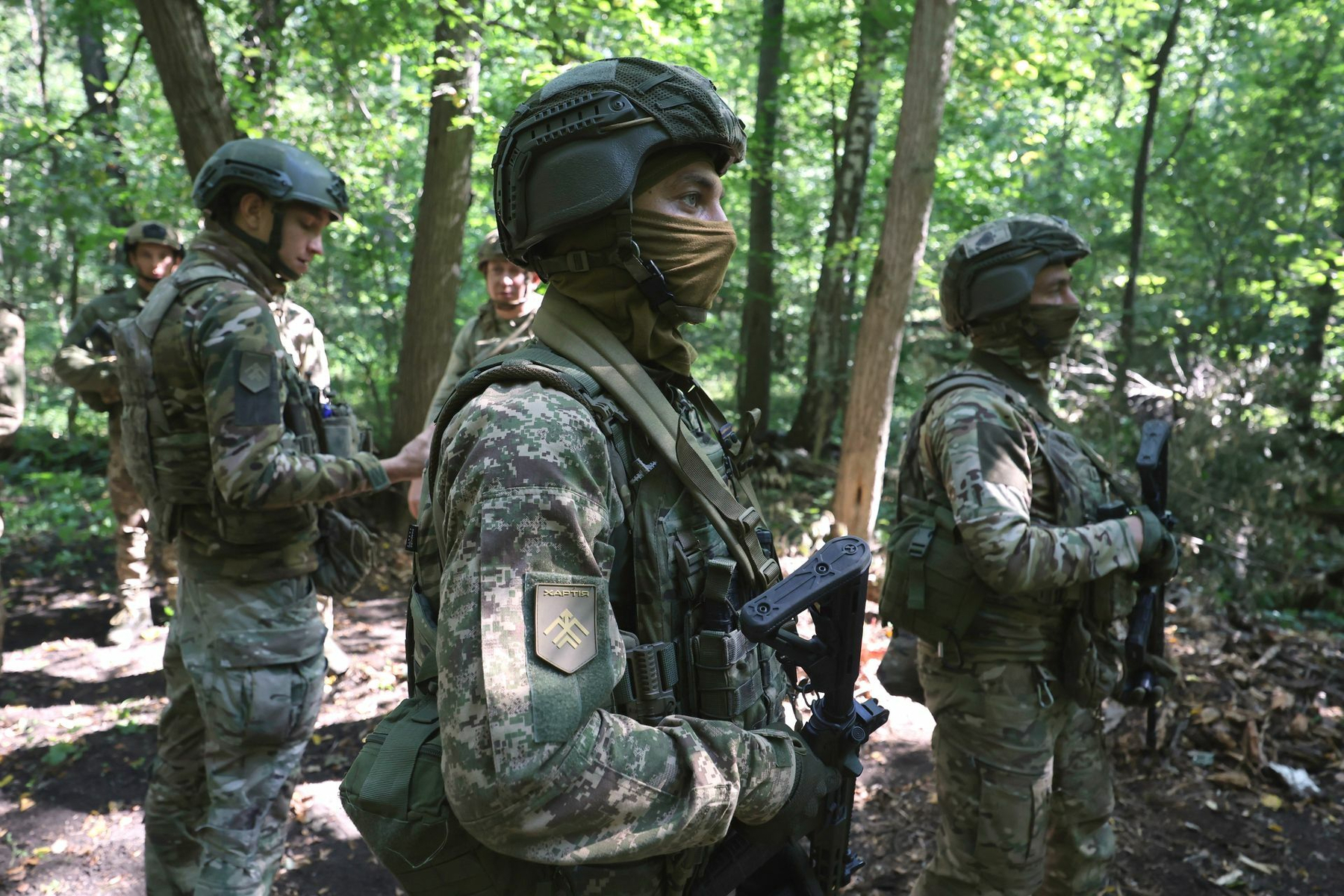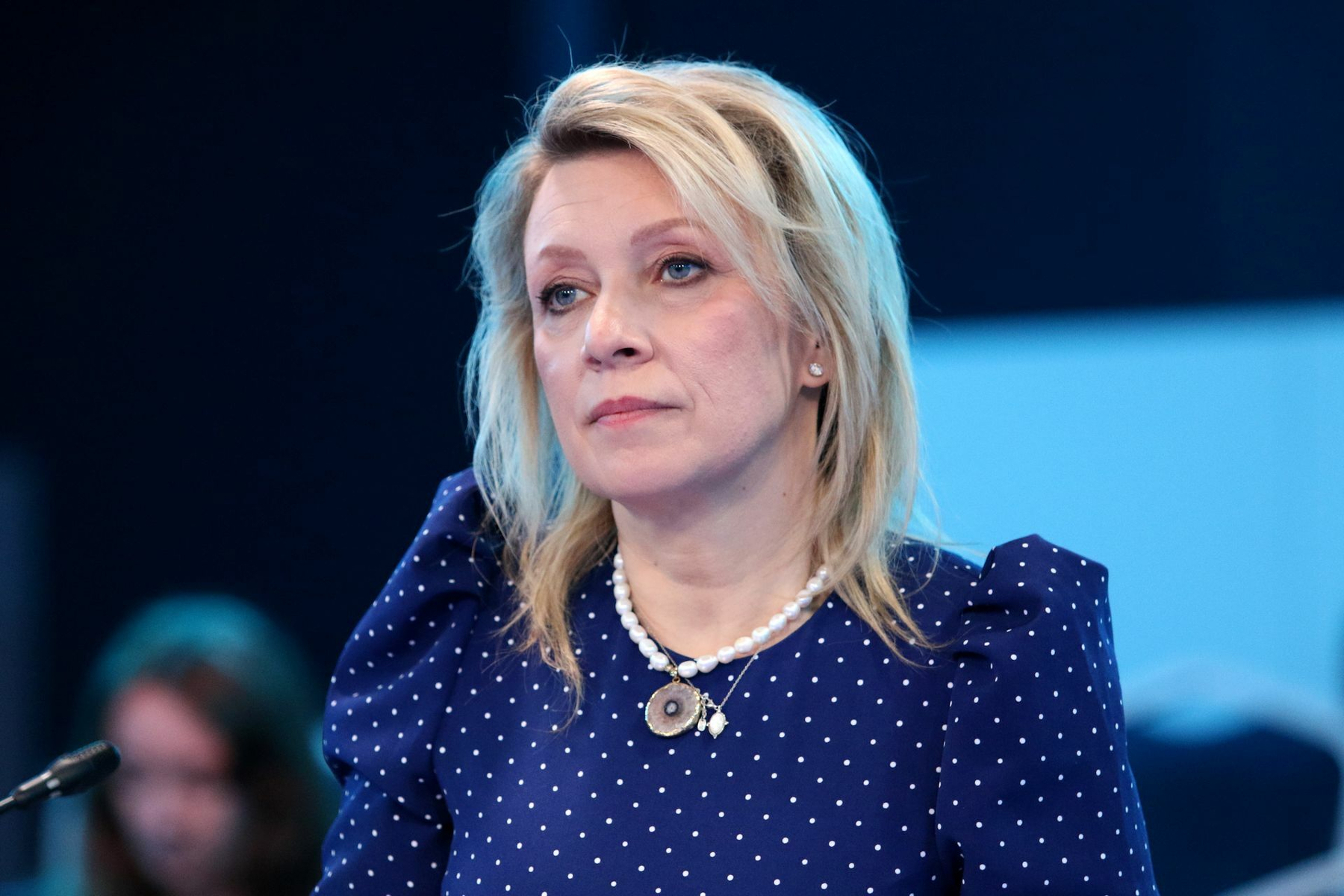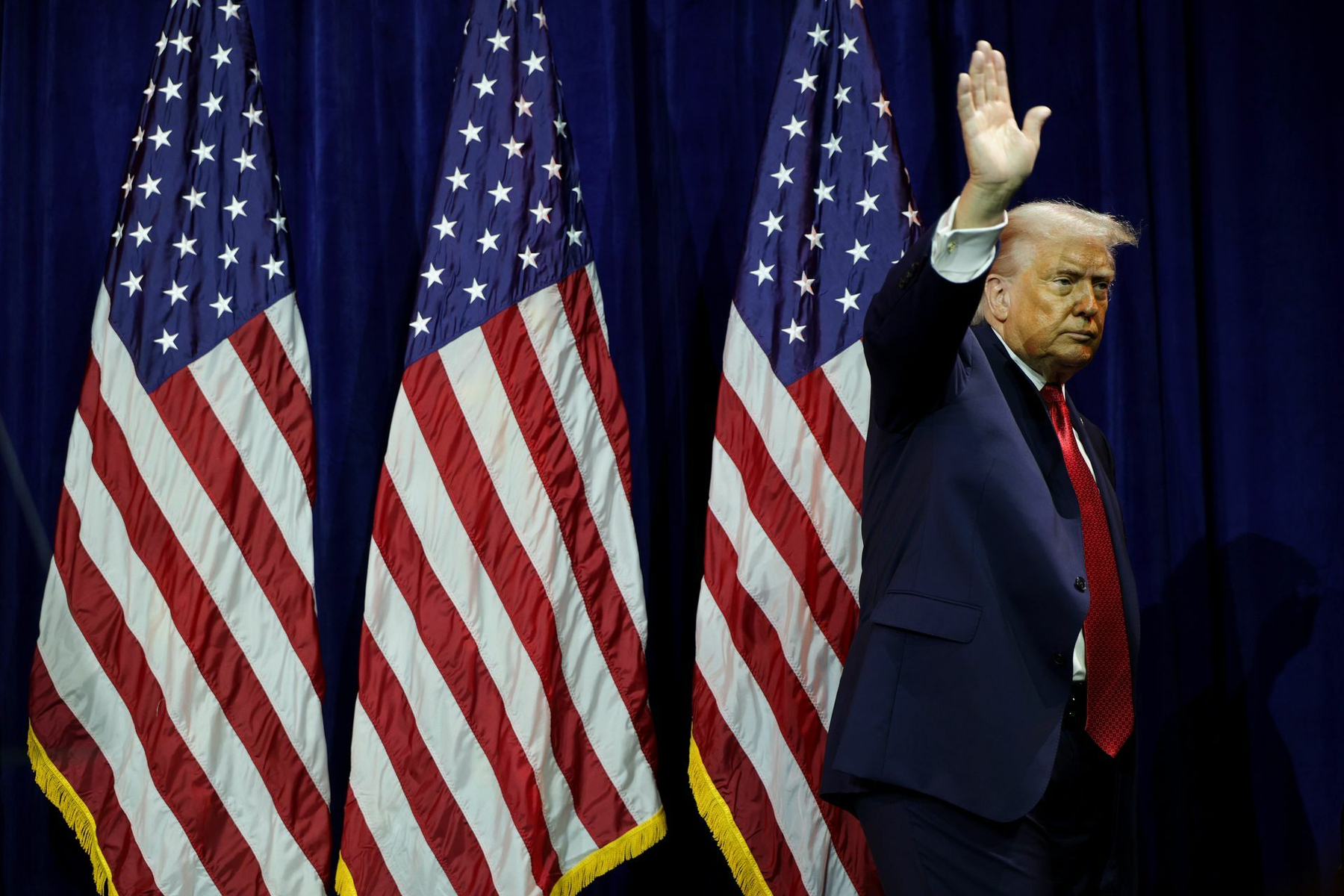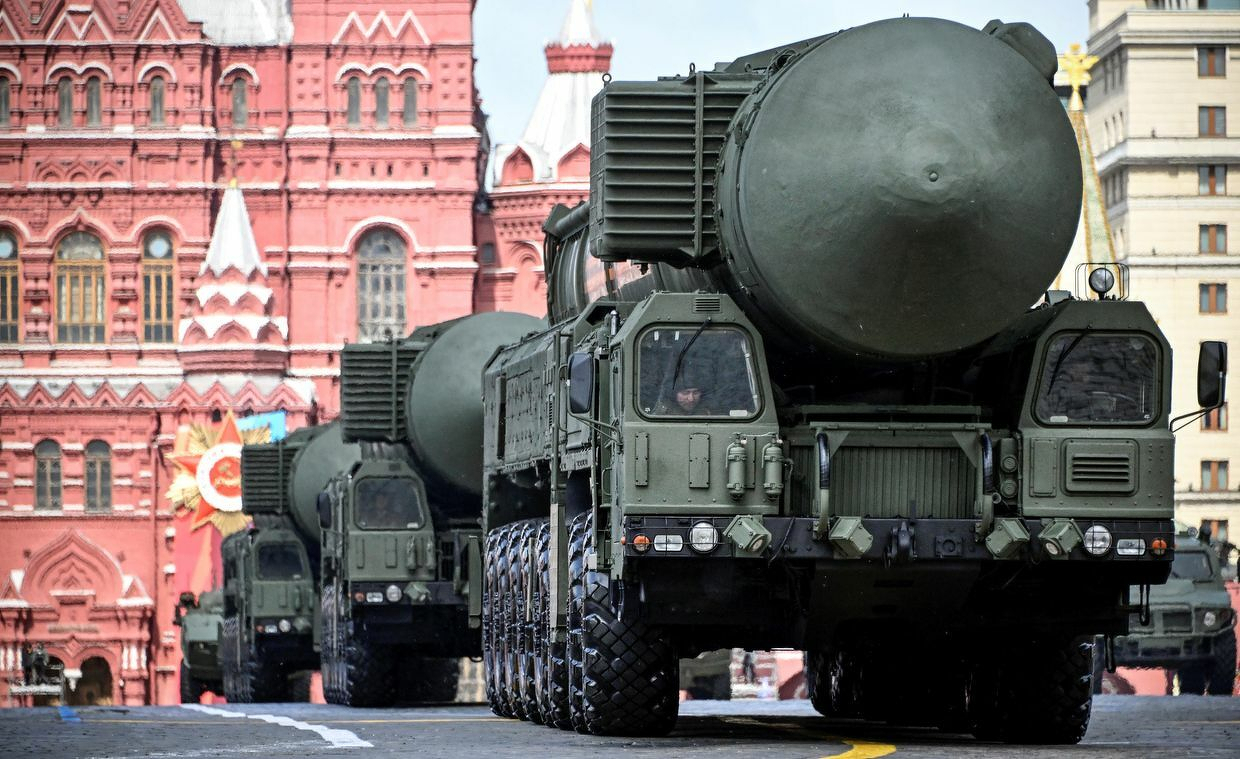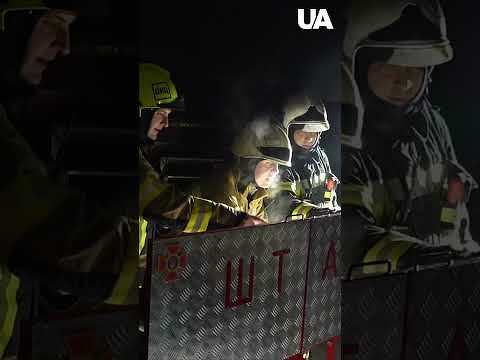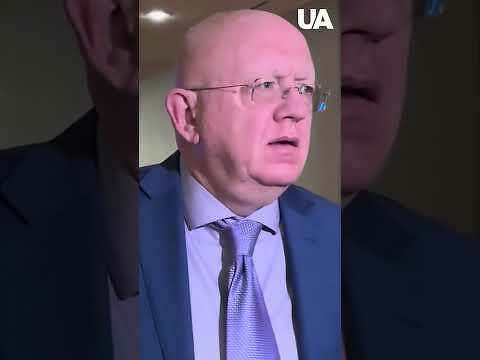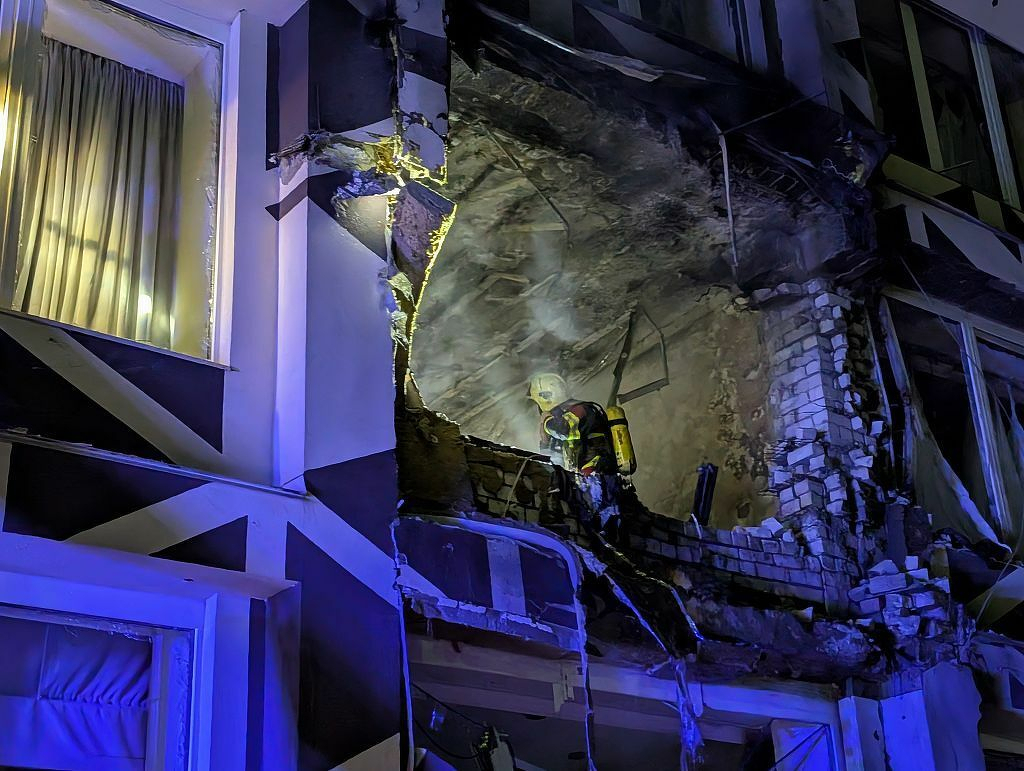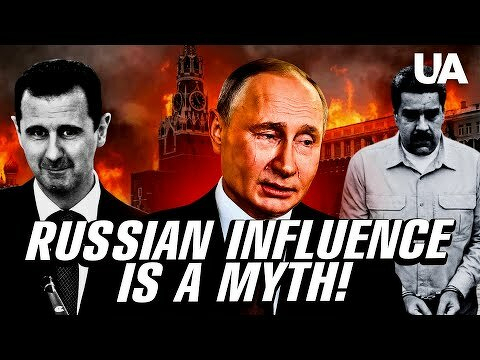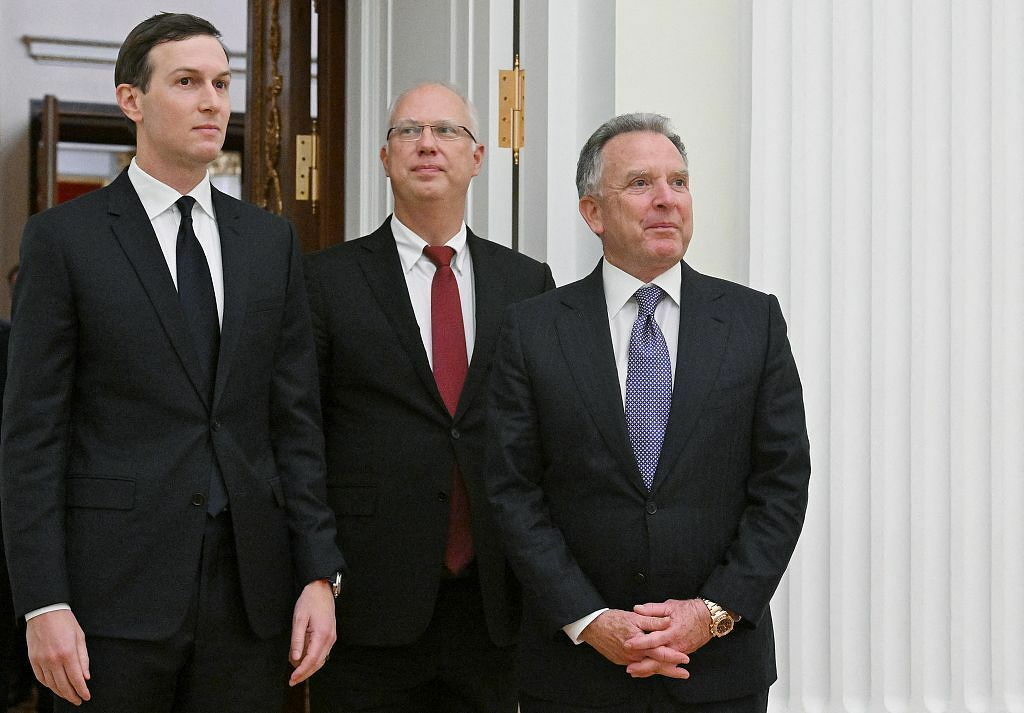
Reading

Spies, Lies, and Algorithms
Amy B. Zegart
Russia
Photos
USA
🚀 70 km to NATO: nuclear bluff failed! Trump confiscates Russian tankers!
Ukraine
Photos
2 Ukrainian ministers resign, await reappointment
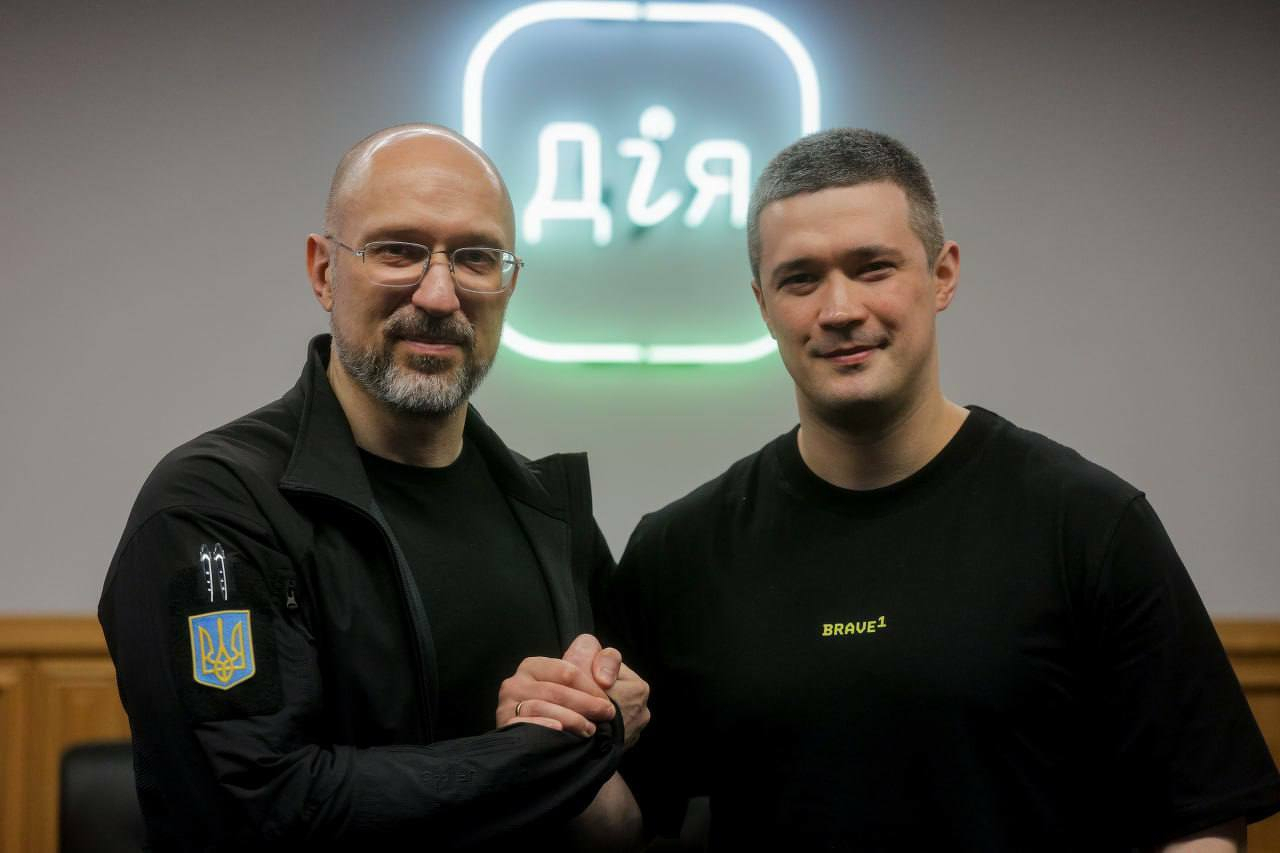
Ukraine
Russia
Photos
“Putin attacks... but we will stand stronger with Ukraine!” British Defense Minister in Kyiv #shorts
Ukraine
Russia
Ukrainian strike leaves hundreds of thousands without power and heat in Russia’s Belgorod region
An overnight air attack on Russia’s Belgorod region knocked out electricity for 556,000 people, with roughly the same number losing heating. Nearly 200,000 residents were left without water and sewage services, local authorities said.
Belgorod …
Ukraine
Russia
Russia strikes Ukraine with Oreshnik missile, first such attack on Lviv
Russia’s armed forces carried out a “massive strike” on Ukraine that included the use of the road-mobile, medium-range missile system “Oreshnik.” The announcement was made Friday, January 9, on the Russian Defense Ministry’s Telegram channel. The …
Ukraine
Russia
Unknown drones strike sanctioned Russian tanker Elbus off Turkey’s coast
The Russian oil tanker Elbus (formerly Euroleader, IMO 9290385), sailing under the flag of Palau from Singapore to the port of Novorossiysk, was damaged in a drone attack while transiting, the Turkish news outlet Ortadogugazetesi reported. The vessel …
Ukraine
Now
We had some issues with media files stream/download but its now fixed : v2.osintukraine.com #osint
Russia
Photos
USA
Trump stalled it for a year — now a 'game-changer' bill could hit Russia's oil profits
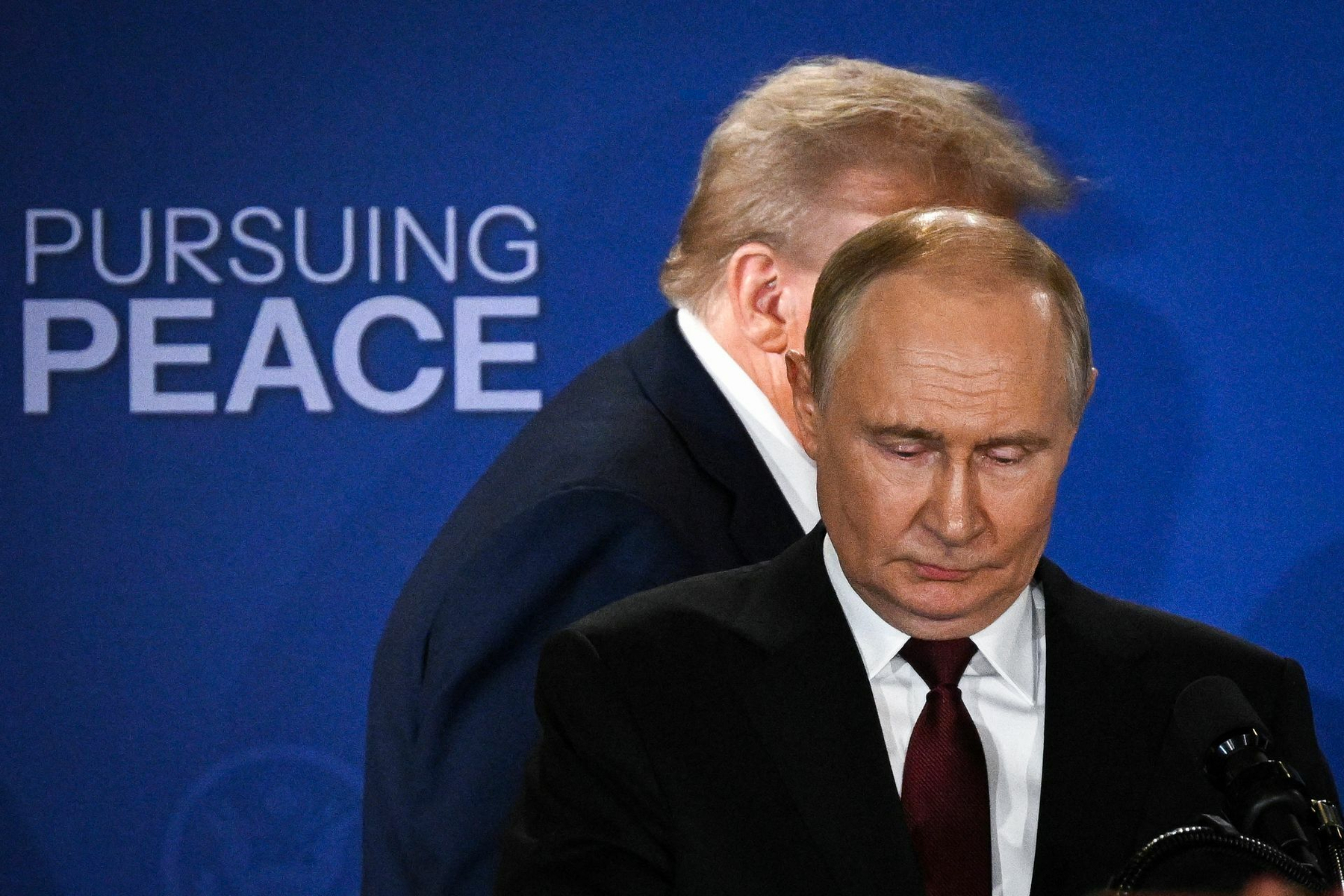
U.S. President Donald Trump may soon hold a game-changing lever over Moscow.
After months of hesitation, he has finally backed a sanctions bill targeting Russia, giving him the ability to hit the Kremlin where it hurts most — its oil and gas …
Russia
Photos
278 TARGETS IN THE SKY! 🚀 Blackout in Kyiv and Oreshnik strike on Lviv: how Russia justifies terror?
Ukraine
Russia
Photos
NEWSFLASH: Kyiv residents urged to evacuate after Russian attacks
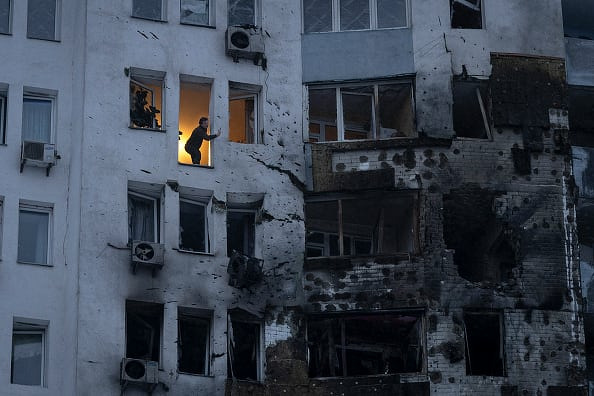
Help keep us warm. Subscription revenues go in part to keeping the lights on, buying batteries for our team, and helping our team press through this difficult winter.
